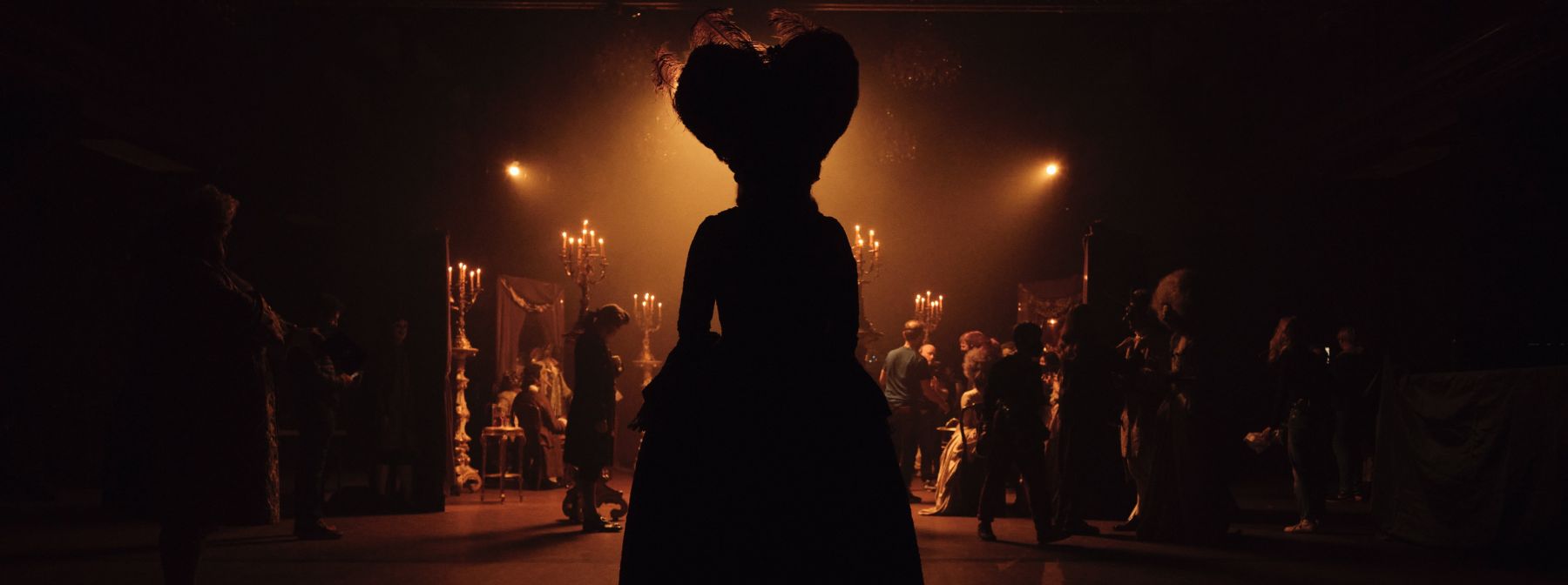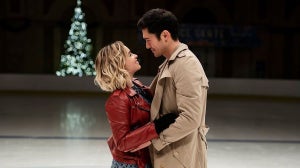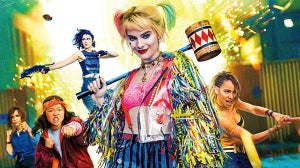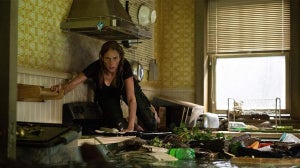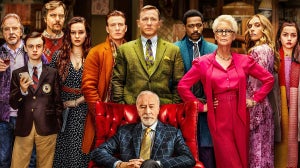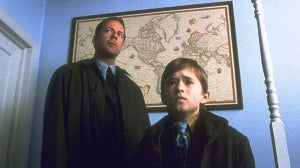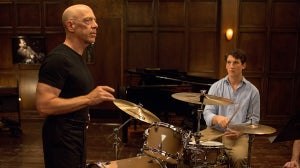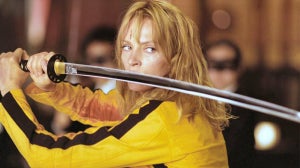
The writer/director/star of genre-bending anti-romantic comedy Timestalker believes that the film industry’s obsession with creating perfect heroines has come at the expense of more well-rounded characters.
She explained to Zavvi: “When the term “strong female character” was first coined, it was translated as someone who could give a roundhouse kick or has some ninja skills; they all had to have a Lara Croft dimension to them. But really, any strong female character is one that is interesting to watch, and who is more interesting than a flawed anti-hero with a criminal mentality?
“It’s a great way to test the audience, to see how far they can go with a character. People can watch something like Taxi Driver and have no problem watching an antisocial, psychotic man – but if that character is a woman, they’re more open about calling them unlikable. Nobody ever said you have to like them!
“For me, as an audience member, I always find it relieving when female characters are given the chance to do the wrong thing. Whenever you develop a movie, you always get the question from producers and financiers about whether the female characters are likable enough, and screw that – I want to change that mentality one film at a time.”
Lowe takes the lead in her latest film as Agnes, an unlucky-in-love woman we meet as she’s reincarnated over the centuries, doomed to always pine over one pathetic man (Alex, played by Aneurin Barnard), and wind up in a loveless marriage to the most repulsive man alive (George, played by Nick Frost). I was surprised to read that, considering she is outspoken about making a character some audiences may find alienating, that she did add some of her own personality to Agnes whilst writing.
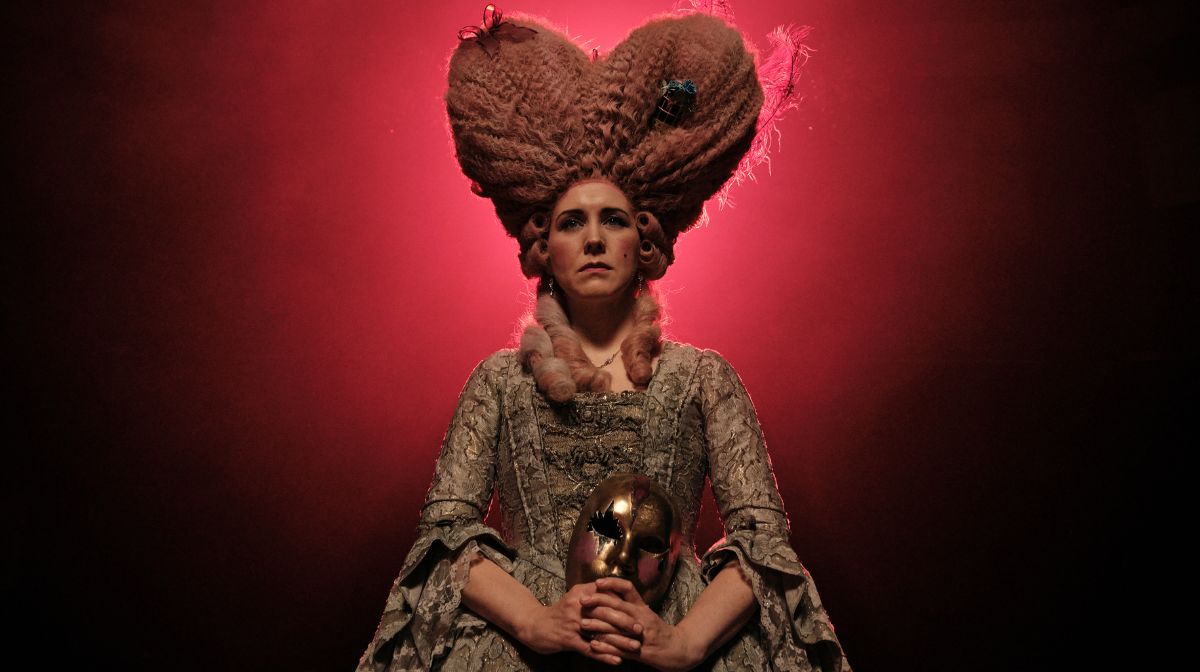
She explained: “Why is she like me? She's a fantasist! She loves living in a fantasy, and I think any filmmaker is like that – I certainly prefer that to reality, but her problem is that she never stops living there and refuses to see the obstacles in her way.
“She tries to run through the obstacles, and I think I’m like that as well. All of my characters are similar to me, you just don’t want to admit it at the time, but they all have different, gigantic flaws like my own.”
Of course, all the discussion about Agnes being unlikable has overshadowed that her two male leads are among the most repulsive in recent memory. Lowe feels fortunate that she managed to find actors who jumped at the chance to go despicable.
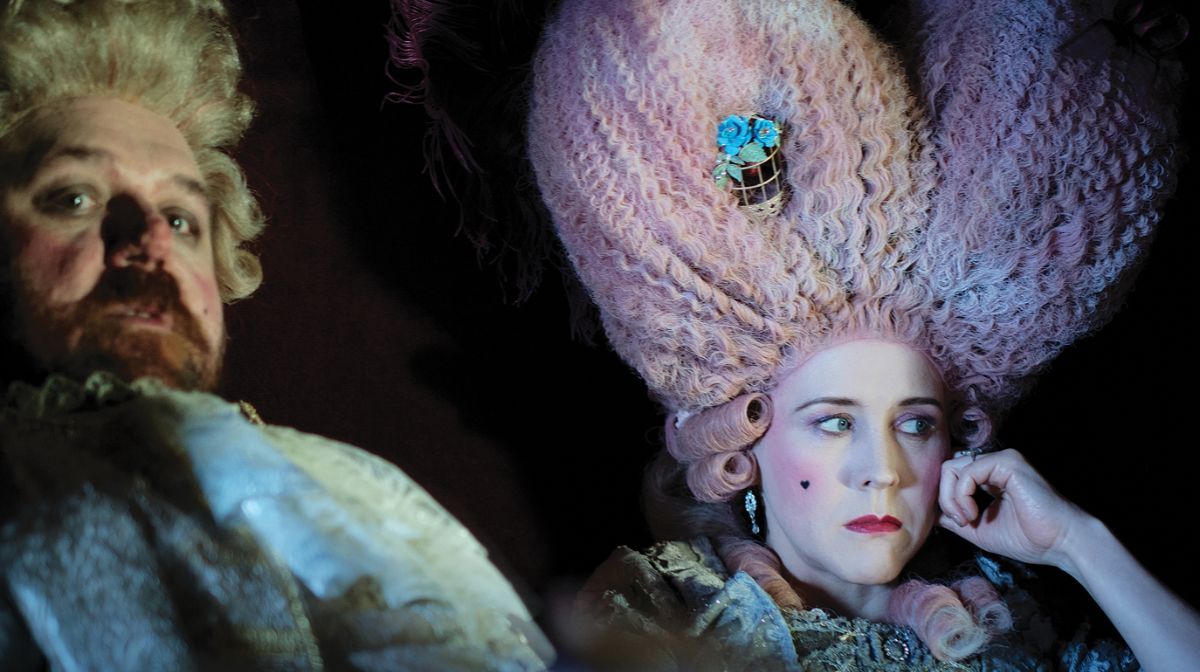
“There are lots of actors who would be frightened to play someone who is this much of an arsehole, but this is a movie where everybody is a bit of a d*ck, and that’s just human nature. Everyone’s making mistakes, and I do think these characters get a type of redemption in the end.
“I loved watching these guys because it is very difficult to play an unlikable character. But there’s also something fun about casting Aneurin, who has played heroes and may have the audience latching onto him as they’re used to that persona – and then he just lets you down over and over again!”
Barnard agrees: “There are little pockets of myself hidden within these different Alexs throughout time, but honestly, it’s just really fun to play someone this self-absorbed across so many different genres!
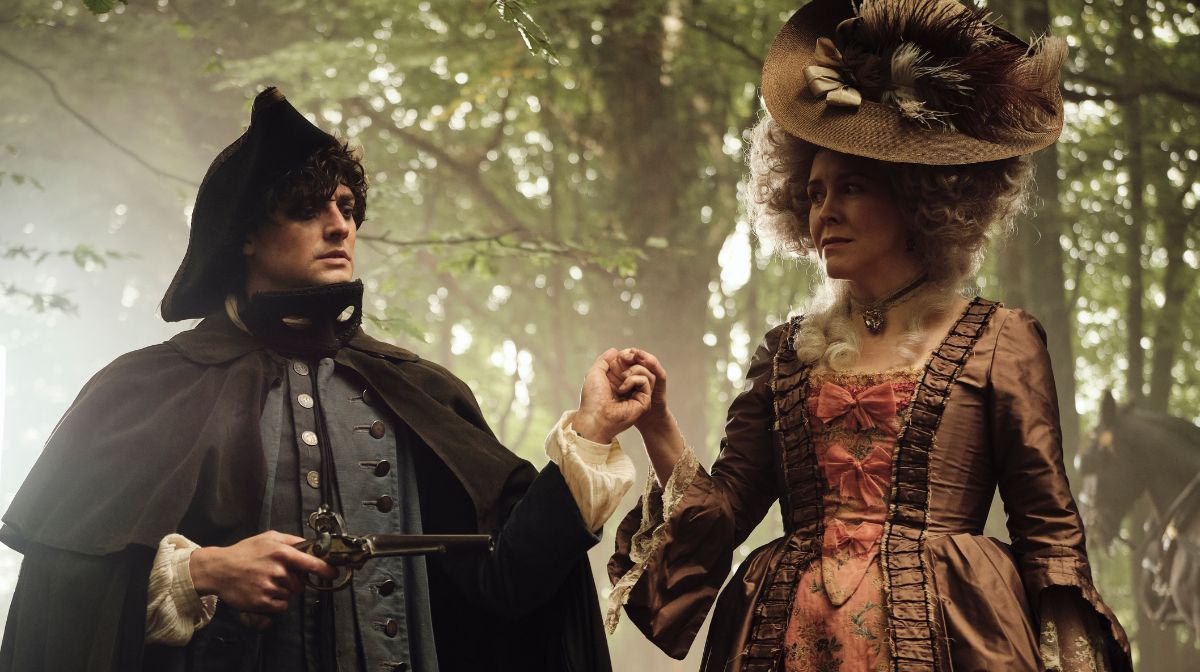
“He’s an odd, pathetic guy, he’s self-absorbed and believes he’s living in his own movie. Playing someone like that is always the fantasy for an actor.”
Frost is arguably cast more against type, having been a lovable, cuddly presence in movies for more than two decades. And even though he jokes this is “the closest any character I’ve played has been to the real me”, he did try to approach his roles with a sense of empathy.
“With George, you know you shouldn’t like him, but as an actor you have to imagine all the things that happened to him to make him like that. Can that make someone bad?
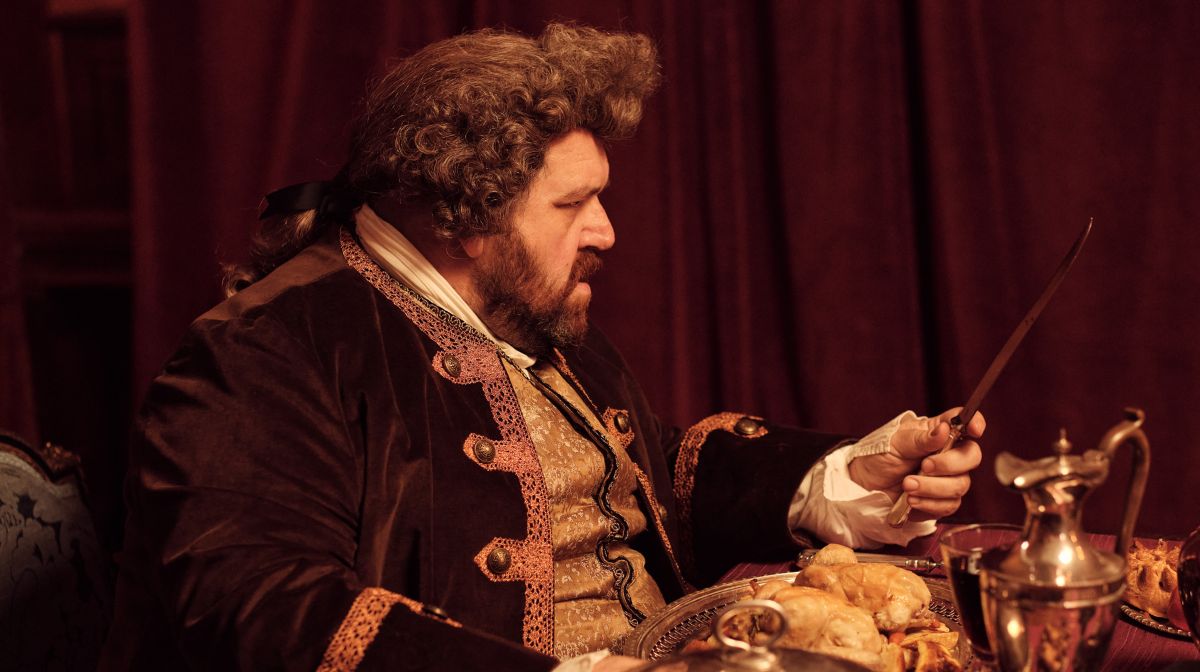
“He’s a victim himself, because you don’t just become someone like George – horrible s**t happens to you as a child and you grow up to become a George. So I think with that in mind, I feel you can feel a bit sorry for him; you know you shouldn’t, but you still do.”
Some audiences have interpreted Timestalker as a queer awakening story, as in one timeline, Agnes falls for her friend Meg (Sex Education star Tanya Reynolds) instead. Is that her breaking the cycle of centuries of miserable romance, or something else altogether?
“I tried to make this a universal story, and I wanted it to feel timeless”, Lowe added. “When Agnes realises that the love of her life was under her nose the whole time, I was trying to say that it doesn’t matter who that person is, as your soulmate can be anyone.
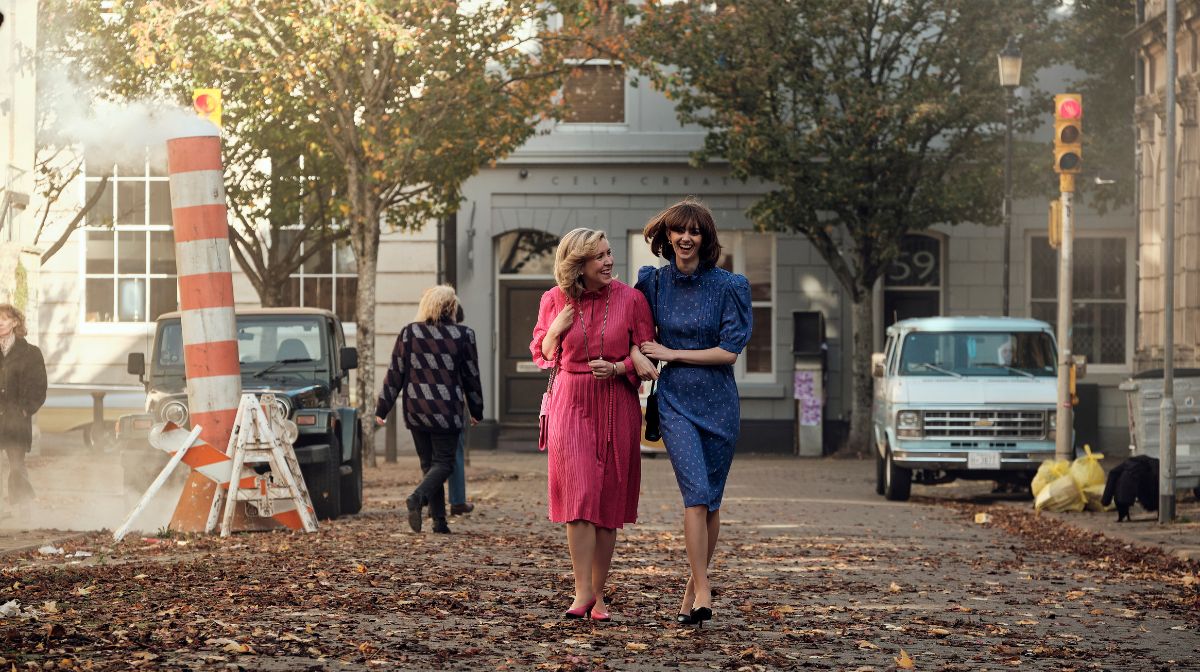
“However, the joke for me is that these characters try to change themselves and improve their fate and they can’t - they’ve got the same name and accent in every era. So I wanted to offer the characters some redemption, whilst also stepping back with the perspective of history and seeing that we’re fighting the same battles in every era and continue to be separated by meaningless boundaries.
“Love is universal, but in this film, it’s also terminal!”
This universality has ensured Lowe has heard some wild responses from audience members at film festivals, who have all found themselves relating to Timestalker in unusual ways.
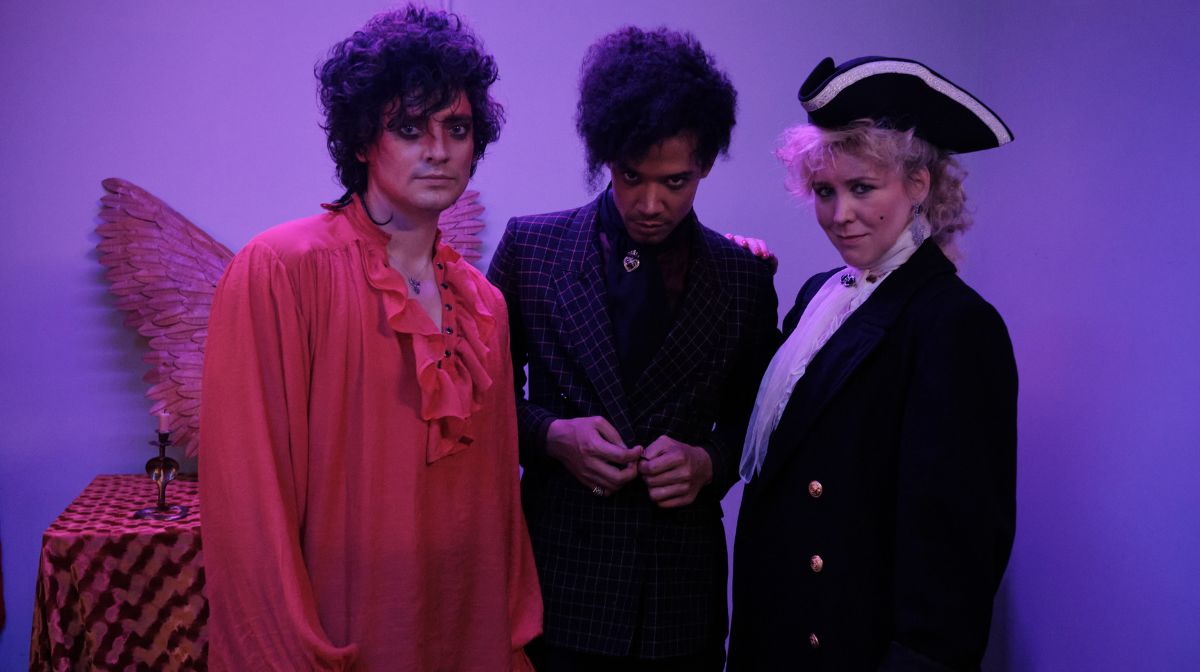
“A lady come up to me after a screening in Switzerland and told me she’d also had a date with a man called Alex where they talked about being together in past lives – then he dumped her, and she was traumatised.
“There’s a bit where my character says “I’m my own God”, and that gave her goosebumps. If just one person watches the movie and thinks that this is their story, then that’s incredible.”
Timestalker is released in UK cinemas on Friday, 11th October.
